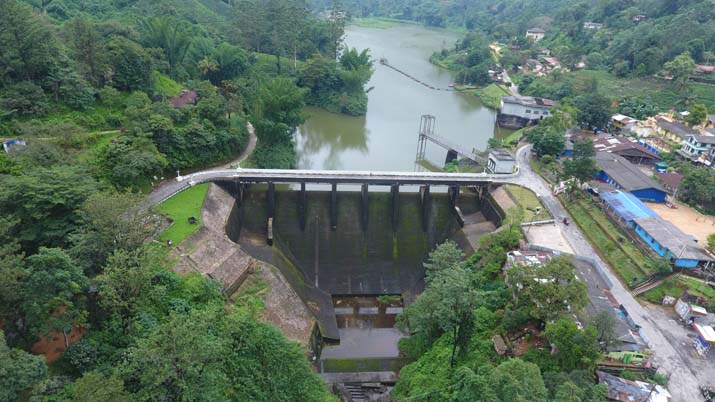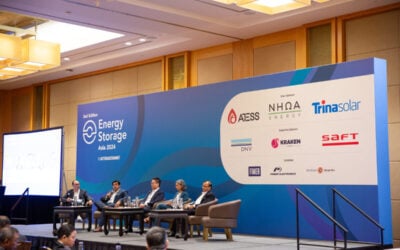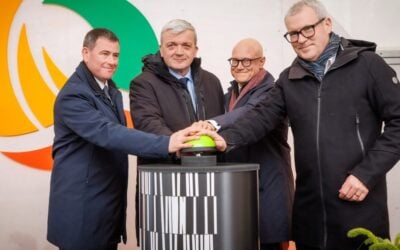
The Asian Development Bank (ADB) multilateral finance institution has approved a loan to upgrade Sri Lanka’s grid infrastructure.
ADB said yesterday (25 November) that the US$200 million loan will fund the Power System Strengthening and Renewable Energy Integration Project, which includes the deployment of the South Asian country’s first grid-scale battery energy storage system (BESS).
The overall project aims to enhance the reliability and optimise the existing fault clearance system of transmission and distribution (T&D) networks of Sri Lanka’s two grid-connected electric power companies, Ceylon Electricity Board (CEB) and Lanka Electricity Company (LECO).
New transmission lines and substations will be added to the 220kV and 132kV transmission infrastructure, the medium voltage distribution network will be modernised, and grid protection systems will be upgraded.
Try Premium for just $1
- Full premium access for the first month at only $1
- Converts to an annual rate after 30 days unless cancelled
- Cancel anytime during the trial period
Premium Benefits
- Expert industry analysis and interviews
- Digital access to PV Tech Power journal
- Exclusive event discounts
Or get the full Premium subscription right away
Or continue reading this article for free
Meanwhile, a 100MW/50MWh BESS for integrating renewable energy generation will be deployed and connected to the transmission network via a CEB substation in Kolonnawa, close to the capital, Colombo.
Additionally, a system for forecasting and monitoring renewable energy will be built, along with the installation of SCADA systems and remote terminals that provide T&D operators with real-time data and alerts.
CEB and LECO will be the project’s implementation agencies, with a specific project management unit (PMU) appointed to implement the BESS installation.
The project will support Sri Lanka’s pursuit of a 70% renewable energy by 2030 policy target for electricity generation.
The country currently sources power from a relatively high share of renewables due to hydroelectric generation facilities and some contributions from distributed solar PV and wind. However, about 50% comes from thermal generation by fossil fuel sources.
According to the International Energy Agency (IEA), in 2022, the electricity generation mix included 40.8% from hydroelectric, 34.6% from coal and 15.2% from oil. About 4.4% came from wind, a slightly smaller share from solar PV and a small percentage from biofuels.
While it contributed just 0.05% of global carbon dioxide emissions in 2022, its energy-related CO2 emissions rose 74% from 2000 despite renewables accounting for 50.2% of electric power generation, the IEA has said.
The country has done a good job of electrification, connecting all households to the grid by 2016, and ADB noted that Sri Lanka’s power sector reforms have progressed significantly.
However, the country’s ongoing economic crisis, which began in April 2019, has led to macroeconomic challenges, which the development bank said are slowing the progress of projects, leading the International Monetary Fund (IMF) to prioritise investment in power sector projects.
“Driving power sector reforms, combined with targeted infrastructure interventions, is essential to facilitate competitive renewable energy development and reduce power generation costs,” Takafumi Kadono, ADB country director for Sri Lanka said.
“By expanding and modernising infrastructure and incorporating digitalisation solutions, this project will support the government’s goal of increased integration of renewable energy in the electricity mix, reduce power interruptions, and minimise transmission and distribution losses.”





